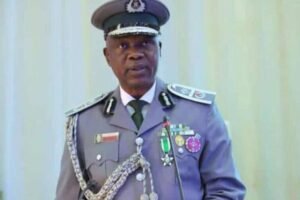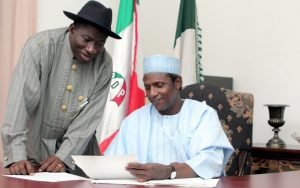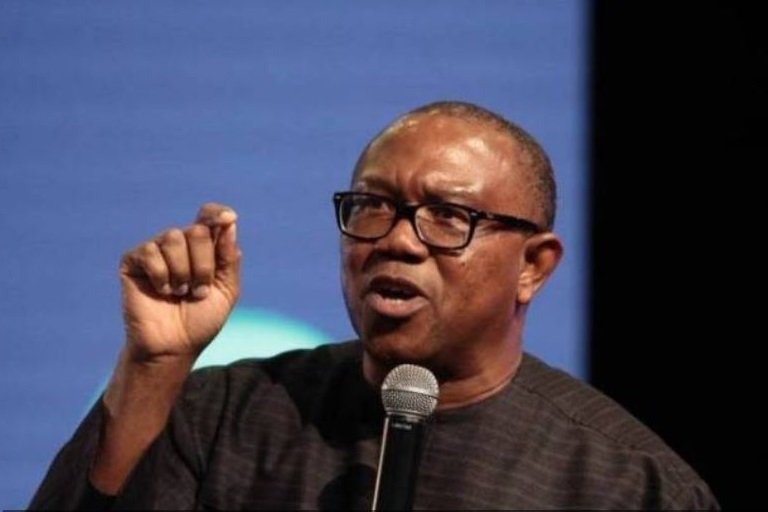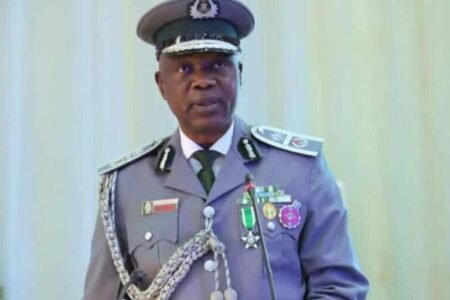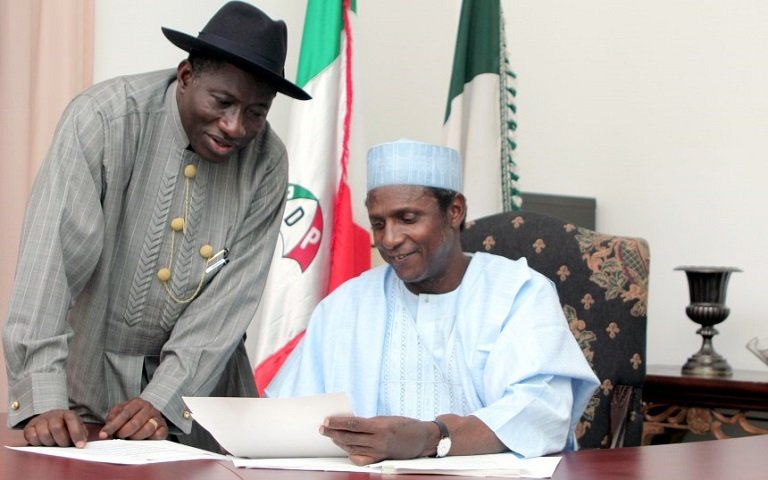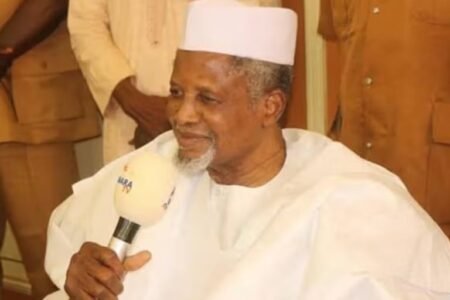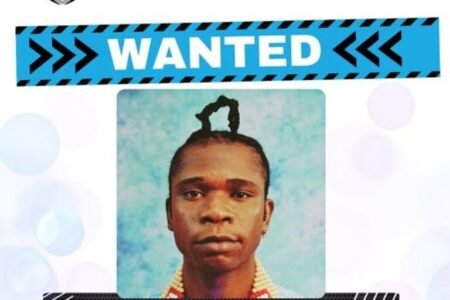Peter Obi, the presidential candidate of the Labour Party (LP), closed his suit on Friday at the Presidential Election Petition Court in Abuja with the 13 witnesses he called to prove his petition against President Bola Tinubu’s emergence as the winner of the February presidential election.
Obi, who had tendered tons of electoral documents, had proposed to call 50 witnesses but could only call 13 within the court’s allotted time.
Following the declaration of Tinubu as the winner of the February 25 presidential election by Nigeria’s electoral commission, INEC, Obi, dissatisfied with the results, filed a suit at the court to challenge Tinubu’s victory.
Obi and his party filed the petition 20 days after Tinubu was declared president-elect.
Obi came third with 6,101,533 votes, while Tinubu polled over 8.8 million.
As part of the grounds of the suit, Obi argued that Tinubu, “at the time of the (presidential) election, was not qualified to contest the election.”
Obi anchored his claim on the grounds that Tinubu “was fined $460,000 for an offense involving dishonesty, namely narcotics trafficking, imposed by the United States District Court, Northern District of Illinois, Eastern Division, in case no. 93C 4483′′ between the United States of America and Bola Tinubu.”
He further claimed that Tinubu’s running mate, Kashim Shettima, was disqualified, noting his nomination for two separate districts—Borno Central senatorial candidate and vice presidential candidate—in the same election cycle.
At the resumption of the hearing on Friday, Obi’s lead counsel, Livy Uzoukwu, a Senior Advocate of Nigeria (SAN), led Tanko Yunusa, a chieftain of the Labour Party, as a witness.
Yunusa, a Peter Obi Presidential Campaign Council spokesperson, was cross examined by INEC’s lawyer, Kemi Pinheiro.
Tinubu and APC’s lawyers, Wole Olanipekun and Lateef Fagbemi, also took turns questioning Yunusa during the cross examination session.
Yunusa was questioned if he was aware of a Federal High Court judgment dismissing the Labour Party’s action contesting vice president Kashim Shettima’s nomination due to an alleged double nomination. He said, “No.”
Ikechukwu Ezechukwu, a SAN from Obi’s legal team, invited Peter Yari to testify as the 13th petitioner’s witness in the case.
Yari served as a presiding officer in Kaduna State’s presidential election. He took his witness statement under oath.
Yari admitted during cross examination by the respondents’ lawyers that he had trouble uploading the presidential election results to INEC’s Results Viewing Portal.
Obi prayed to the court to declare Tinubu and his running mate, Shettima, unqualified to contest the election.
He also prayed to the court to declare that Mr. Tinubu did not score most of the lawful votes in the election.
He asked the court to declare that he (Obi) satisfied the constitutional requirements to be declared the winner of the February 25, 2023, presidential election after deducting alleged illegal votes from Tinubu’s scores.
In another prayer, he urged the court to invalidate Tinubu’s victory due to his failure to win one quarter of the lawful votes cast in the Federal Capital Territory (FCT), Abuja.
However, in his third prayer, which he put forward as an alternative prayer, he prayed for the court to cancel the election and order INEC to conduct a fresh one.
But he reiterated his claim that he won the election in prayer 4, which he also put forward as an alternative prayer.
Obi asked the court to declare him the president-elect and order INEC to provide him a certificate of return, claiming to have received the majority of the legitimate votes cast during the election. He requested that the certificate of return issued to Tinubu be revoked by the court, stating that it was “wrongly” issued to Tinubu.
In an alternative prayer, he prayed for the court to nullify the election, which he said was conducted without compliance with the electoral law, and order a fresh election.
Subsequently, the court adjourned the hearing to July 3 for the respondents—Mr. Tinubu, INEC, and APC—to present their cases.

